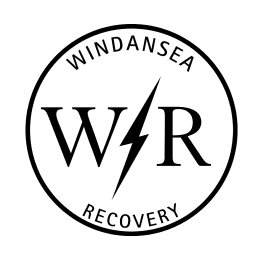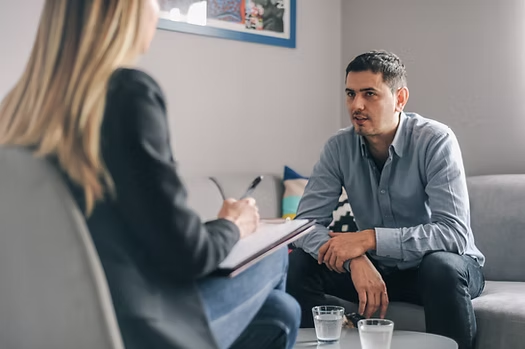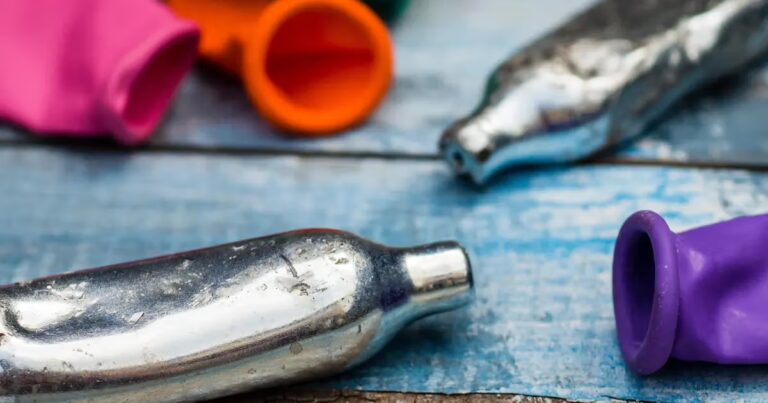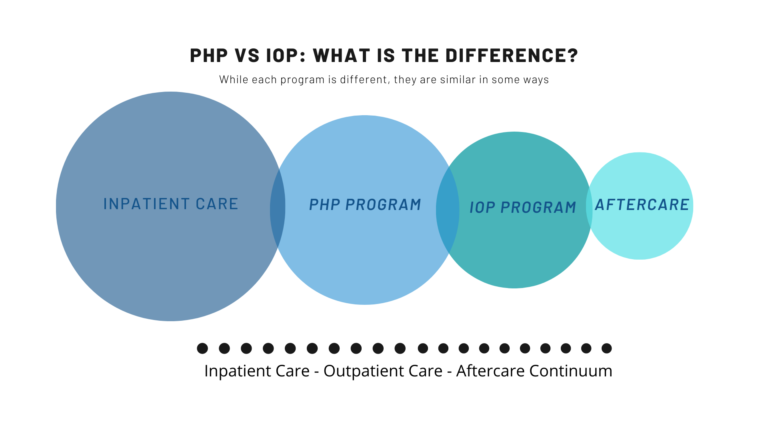At Windansea Recovery, we believe that sustainable healing from addiction requires addressing the whole person—not just the substance use disorder itself. A holistic approach to addiction treatment recognizes that true recovery encompasses physical, mental, emotional, and spiritual well-being. While evidence-based therapies like CBT and medication-assisted treatment form the foundation of effective care, complementary, holistic practices can significantly enhance outcomes and provide individuals with a more comprehensive healing experience.
This guide explores the most effective holistic approaches to addiction treatment that we’ve incorporated into our La Jolla recovery program, supported by current research and observed through successful client journeys.
Understanding Holistic Addiction Treatment
Holistic addiction treatment operates on the principle that addiction affects every aspect of a person’s life—their physical health, psychological well-being, social connections, and spiritual grounding. Rather than focusing solely on eliminating substance use, holistic treatment aims to:
- Heal the physical damage caused by addiction
- Address underlying psychological factors
- Rebuild healthy relationships and social skills
- Foster connection to something greater than oneself
- Develop sustainable coping mechanisms for life’s challenges
When integrated with evidence-based therapies, these approaches create a powerful synergy that supports lasting recovery.
Most Effective Holistic Approaches
1. Mindfulness Meditation and Mindfulness-Based Relapse Prevention
Why it works: Mindfulness practices teach individuals to observe thoughts, emotions, and cravings without automatically reacting to them. This creates a crucial space between trigger and response that allows for more conscious choices.
The research: Studies show that mindfulness-based interventions significantly reduce substance use and cravings while improving mood and quality of life. A meta-analysis published in Substance Abuse Treatment, Prevention, and Policy found that mindfulness practices were associated with reduced substance use and decreased intensity and frequency of cravings.
At Windansea: Our coastal setting provides an ideal environment for mindfulness practice. Clients learn meditation techniques while sitting beside the ocean, using the natural rhythm of waves as a focal point for present-moment awareness. We incorporate mindfulness into daily activities, helping clients develop this skill for use in various life situations.
2. Nutritional Therapy and Physical Wellness
Why it works: Substance use disorders often lead to nutritional deficiencies and physical health problems. Proper nutrition helps repair tissue damage, balance neurotransmitters, reduce cravings, and improve energy levels and mood.
The research: Research indicates that nutritional deficiencies can worsen withdrawal symptoms and increase relapse risk. Targeted nutritional interventions have been shown to improve recovery outcomes, particularly for alcohol and opioid dependencies.
At Windansea: Our nutrition program includes:
- Personalized nutritional assessments
- Education about nutrition’s role in brain healing
- Meal planning and preparation skills
- Focus on foods that support neurotransmitter production
- Hydration strategies for optimal brain function
3. Movement Therapies: Yoga, Tai Chi, and Outdoor Activities
Why it works: Physical movement helps regulate stress hormones, releases natural endorphins, improves sleep quality, and provides healthy coping mechanisms for managing difficult emotions and cravings.
The research: Studies show that regular exercise can be as effective as cognitive-behavioral interventions for reducing anxiety and depression—common co-occurring conditions with addiction. Research specifically on yoga for addiction recovery shows improvements in stress management, emotional regulation, and reduction in substance use.
At Windansea: We leverage our unique coastal location to offer:
- Beach yoga sessions at sunrise
- Guided surf therapy
- Mindful hiking on coastal trails
- Tai chi practice by the ocean
- Swimming and water-based activities
These holistic practices not only improve physical health but also help clients develop a positive relationship with their bodies after the damage of addiction.
4. Acupuncture and Traditional Chinese Medicine
Why it works: Acupuncture helps reduce withdrawal symptoms, decrease cravings, manage pain, and restore balance to the body’s systems. The most common protocol used is National Acupuncture Detoxification Association (NADA) protocol, which targets specific points in the ear.
The research: Multiple studies show acupuncture’s effectiveness in reducing withdrawal symptoms, particularly for opioid addiction. It’s also been shown to decrease anxiety and improve sleep quality during early recovery.
At Windansea: We offer regular acupuncture sessions as part of our comprehensive treatment program, with particular focus on stress reduction, craving management, and improving sleep quality—all crucial factors in maintaining recovery.
5. Nature-Based Healing and Ecotherapy
Why it works: Connection with natural environments reduces stress hormones, improves mood, enhances concentration, and provides perspective that supports recovery. Nature experiences also foster mindfulness and present-moment awareness.
The research: Studies demonstrate that even brief exposure to natural settings reduces cortisol levels, decreases rumination, and improves cognitive function. For those in recovery, nature experiences have been linked to increased feelings of purpose and reduced cravings.
At Windansea: Our La Jolla location provides abundant opportunities for nature connection:
- Beach walking meditation
- Ocean-focused reflection activities
- Gardening therapy
- Outdoor group sessions with ocean views
- Sunset reflection practices
6. Creative Arts Therapies
Why it works: Creative expression provides non-verbal ways to process trauma, express difficult emotions, and discover new aspects of self-identity beyond addiction. It builds self-efficacy and offers healthy alternatives for experiencing pleasure and flow states.
The research: Research shows that arts therapies help reduce denial, increase motivation for treatment, and provide emotional release for trauma that may underlie addiction. Creative activities also stimulate the brain’s reward pathways in healthy, non-substance-related ways.
At Windansea: We incorporate various creative approaches:
- Expressive art therapy sessions
- Music therapy and sound healing
- Journal writing with guided prompts
- Sand tray therapy (especially appropriate for our beach setting)
- Storytelling and narrative therapy
7. Spiritual Exploration and Meaning-Making
Why it works: Addiction often involves a disconnection from meaning, purpose, and values. Spiritual practices—defined broadly as connection to something greater than oneself—help individuals develop a sense of purpose and ethical framework that supports recovery.
The research: Studies consistently show that spiritual well-being is associated with better substance use outcomes and quality of life in recovery. Developing a personal sense of meaning and purpose serves as a protective factor against relapse.
At Windansea: We support spiritual exploration in various forms:
- Non-denominational meditation practices
- Values clarification work
- Purpose-finding exercises
- Connection with nature as a spiritual practice
- Space for practicing religious traditions if desired
- Community service opportunities
8. Sleep Hygiene and Circadian Rhythm Restoration
Why it works: Substance use severely disrupts normal sleep patterns and circadian rhythms. Poor sleep quality increases relapse risk, impairs decision-making, and exacerbates mental health symptoms. Restoring healthy sleep is fundamental to recovery.
The research: Research shows that sleep disturbances can persist long into recovery and significantly increase relapse risk. Conversely, improving sleep quality improves mood regulation and cognitive function.
At Windansea: Our sleep restoration program includes:
- Education about sleep’s role in recovery
- Development of personalized sleep hygiene practices
- Natural sleep support through nutrition and herbal approaches
- Evening wind-down routines incorporating ocean sounds and sea air
- Morning routines synchronized with natural light cycles
Integrating Holistic Approaches with Evidence-Based Treatment
The most successful treatment programs don’t rely exclusively on either traditional or holistic approaches, but thoughtfully integrate both. At Windansea Recovery, holistic practices enhance rather than replace evidence-based therapies such as:
- Cognitive Behavioral Therapy (CBT)
- Dialectical Behavior Therapy (DBT)
- Medication-Assisted Treatment when appropriate
- Motivational Interviewing
- Trauma-informed care
This integrated approach allows each individual to benefit from the best of modern addiction medicine while also addressing their unique needs as a whole person.
Creating a Personalized Holistic Recovery Plan
Effective holistic treatment isn’t one-size-fits-all. At Windansea Recovery, we work with each client to develop a personalized recovery plan that incorporates the holistic approaches most aligned with their:
- Personal interests and affinities
- Cultural background and values
- Specific health needs and challenges
- Recovery goals and vision for the future
- Previous experiences with various therapies
This individualized approach ensures that holistic practices become meaningful tools that clients will continue to use long after leaving treatment.
The Science Behind Holistic Healing
Modern neuroscience increasingly validates what holistic practitioners have long understood—that mind, body, and spirit are intricately connected in ways that significantly impact addiction and recovery:
- Neuroplasticity: Holistic practices like meditation, nutrition, and exercise enhance the brain’s ability to form new neural pathways that support recovery.
- Stress Response: Practices such as yoga, mindfulness, and time in nature help regulate the HPA axis, reducing the stress response that often triggers cravings and relapse.
- Inflammation: Many holistic approaches help reduce systemic inflammation, which is linked to substance cravings and mood disorders that complicate recovery.
- Gut-Brain Connection: Nutritional therapy improves gut health, which directly impacts neurotransmitter production and emotional regulation.
Building a Foundation for Lifelong Recovery
Perhaps the greatest strength of holistic approaches is their ability to translate into ongoing lifestyle practices after treatment ends. Unlike some clinical interventions that can only be delivered by professionals, many holistic practices become life skills that support continuing growth in recovery.
At Windansea Recovery, we don’t just introduce clients to these practices—we help them develop sustainable routines and connect with community resources to continue these practices after leaving our care. This creates a foundation for resilience and wellbeing that supports lifelong recovery.
Experience Holistic Healing at Windansea Recovery
Our unique coastal setting in La Jolla provides the ideal environment for experiencing the most effective holistic approaches to addiction treatment. The natural beauty and healing energy of Windansea Beach enhance every aspect of our program, creating opportunities for profound transformation that addresses the whole person.
If you or someone you love is seeking a comprehensive approach to addiction recovery that honors the complexity of human experience, call us at (619) 815-2555 or Contact Us Here to learn more about our holistic treatment programs.
Disclaimer: Holistic approaches are designed to complement, not replace, evidence-based addiction treatment. Always consult with qualified healthcare providers about your specific treatment needs.
